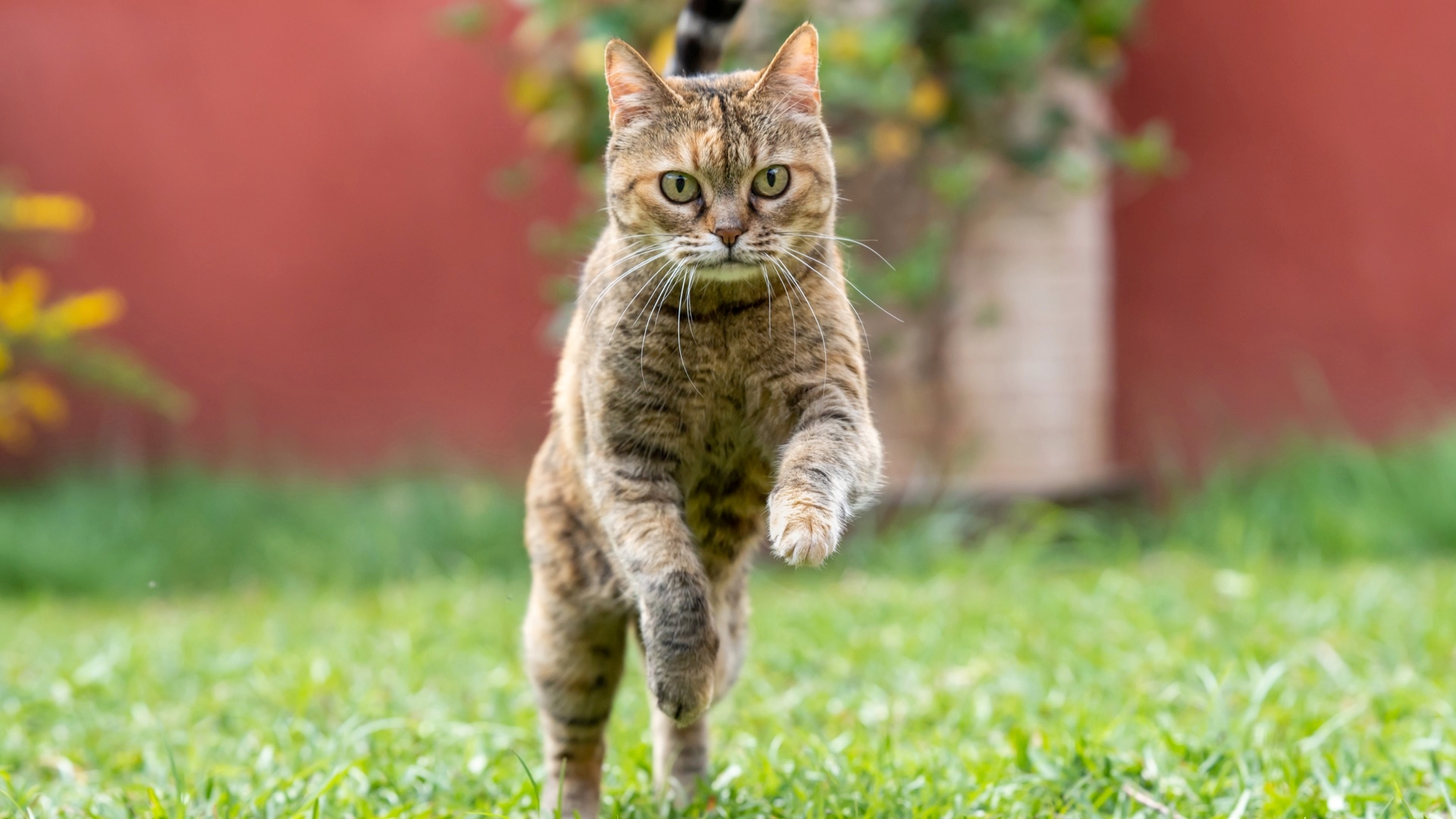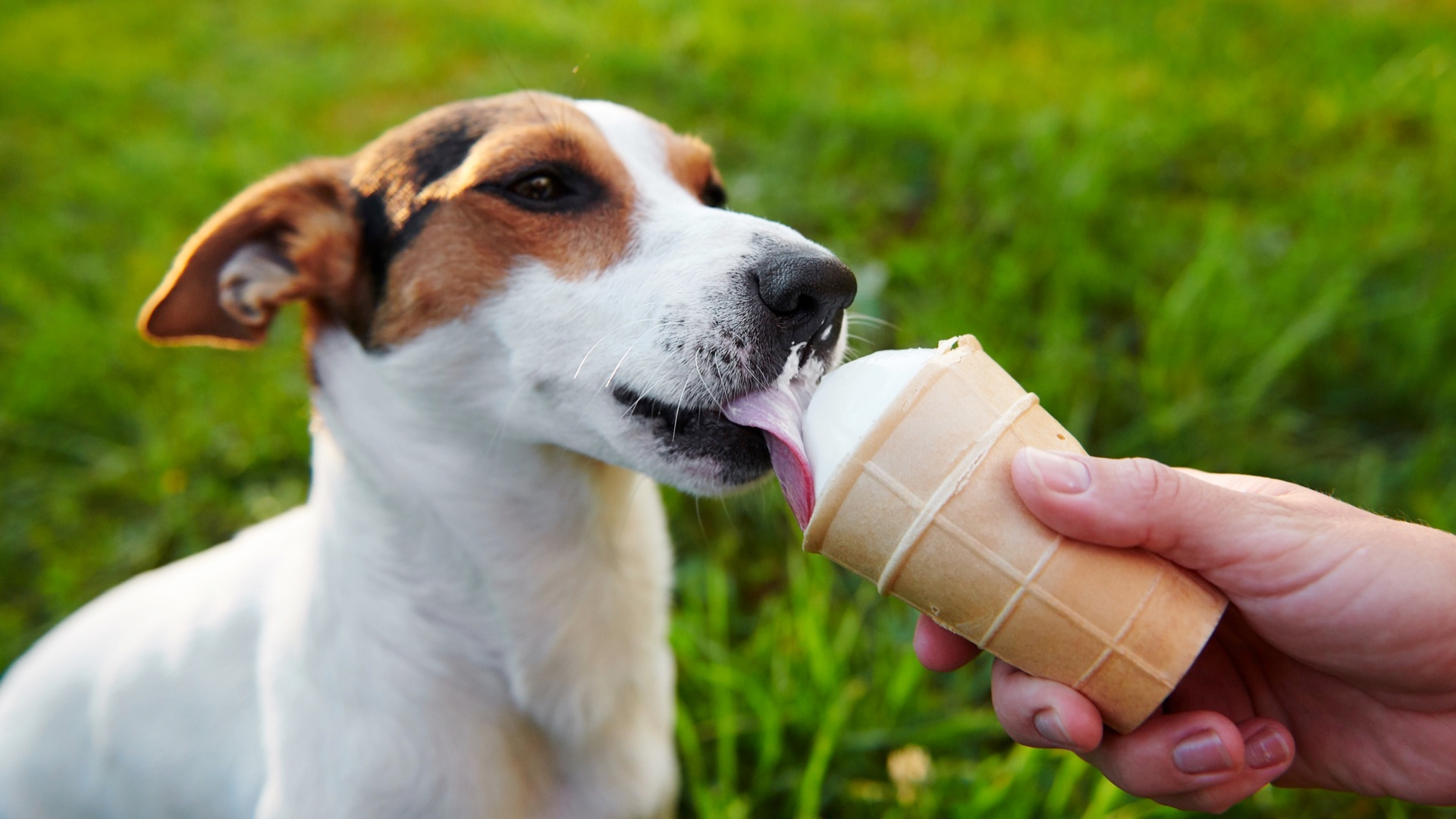

Guest Author:
For more of my original articles, please visit my Pet Articles blog.
Categories:
Guest Author has categorized their posts with the following categories: Cats, Dog Training, Health, and Pet Health.
Tags:
Guest Author has tagged posts with the following tags: aggression, behavior, cat, cat aggression, cat behavior, cat food, dog, dog training, food, health, heat, kitten, pet diets, pet health, pet insurance, pet training, pets, relationship-based training, responsible pet ownership, summer, tips, wild, and wild cat.
Their most common tags are: summer, heat, cat, dog, and health.
Blog Posts:
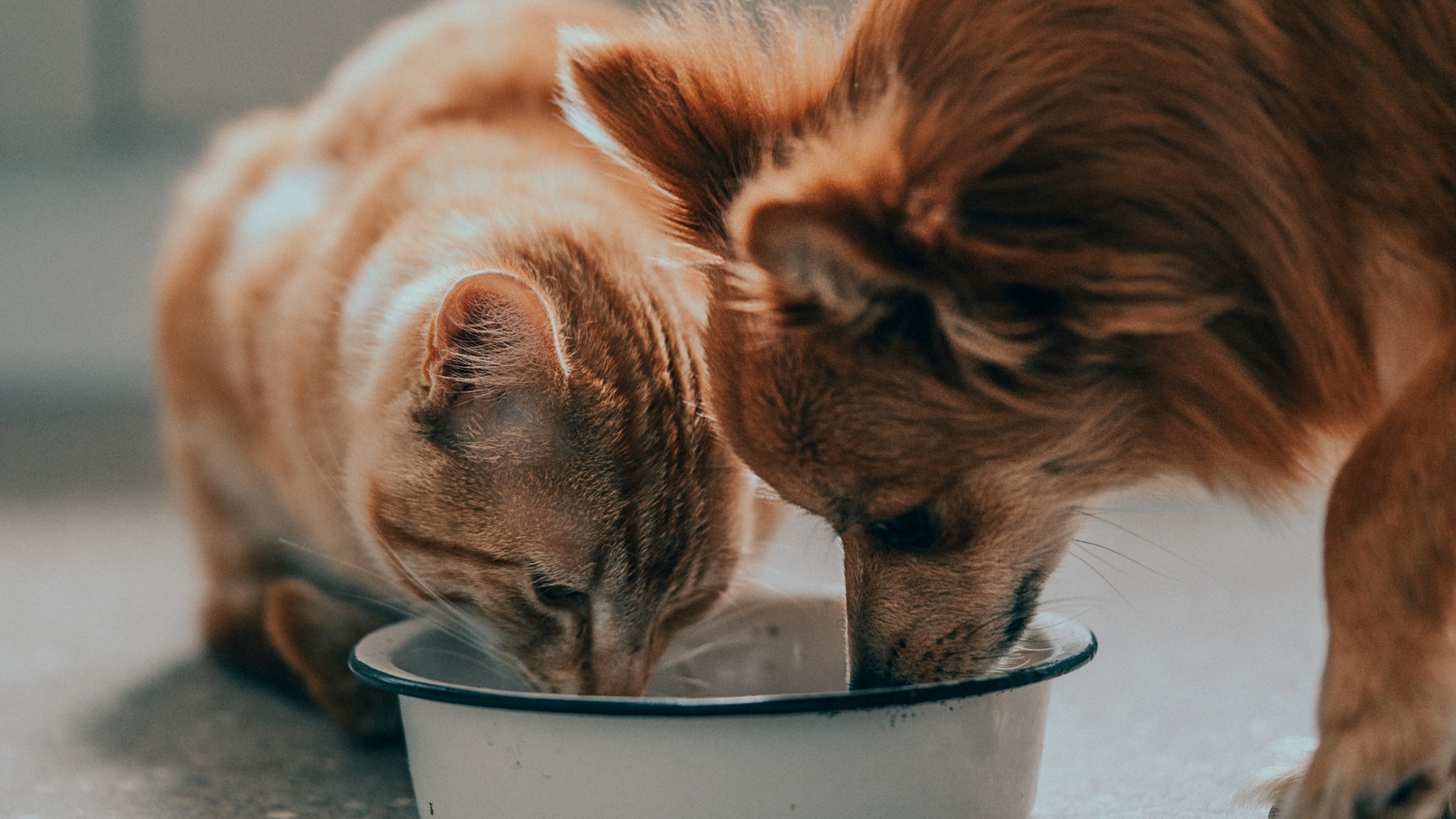
We're all guilty of it - giving in to those big begging eyes pleading at us for a scrap from the table during dinner. However, the truth is that human food can be harmful to your pet, and in some cases, can be fatal. Here are just a few of some of the most common "human foods" that are harmful to pets.
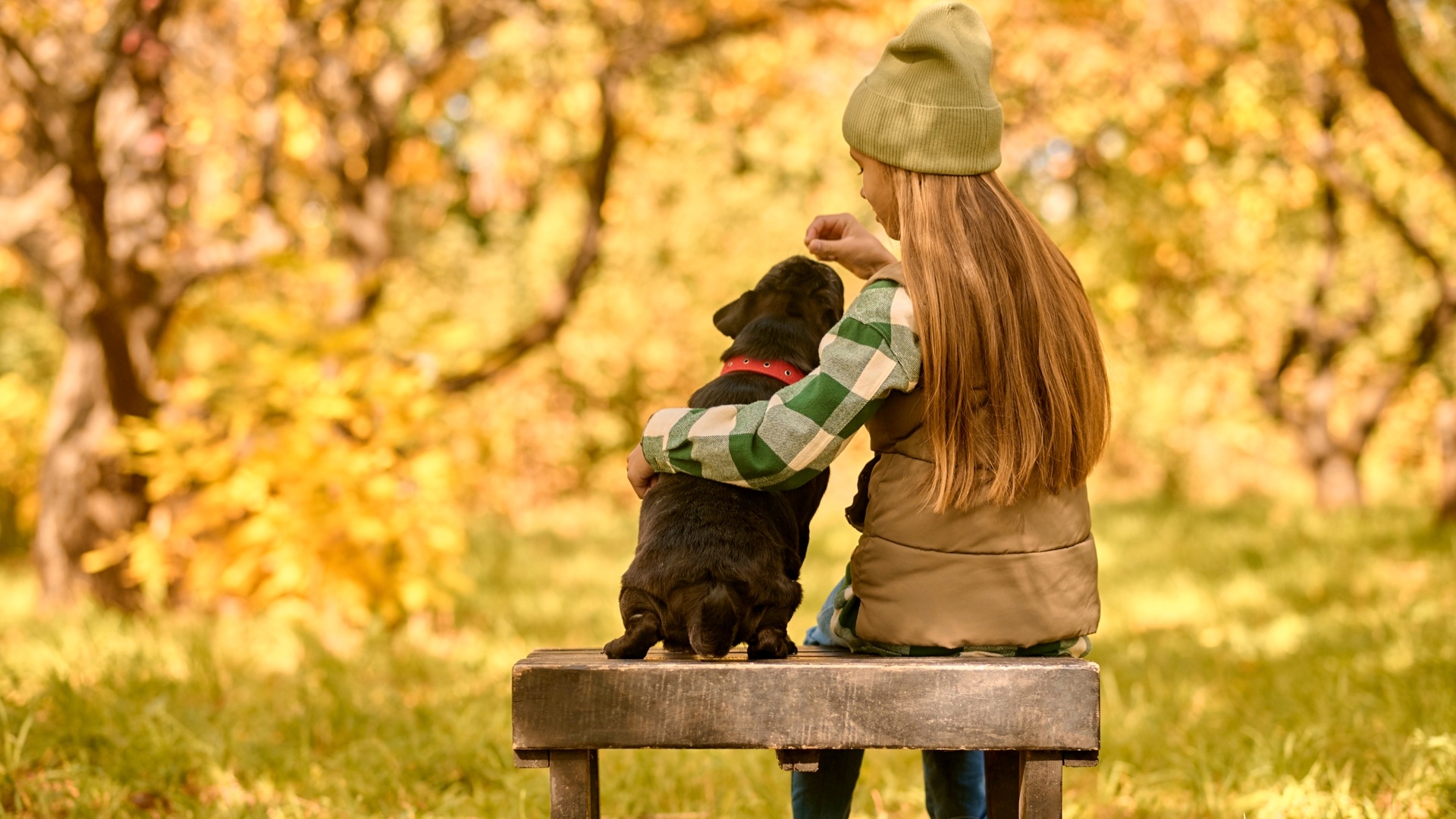
Relationship-based trainers have realistic expectations. When training animals, we use lots of patience. They understand that animals are not born knowing how to fit into our human lives. Most adult animals are not adequately taught how to be part of a loving human family. Even if they have been in a loving home, they may still lack the social skills to be comfortable around strangers and in new situations.
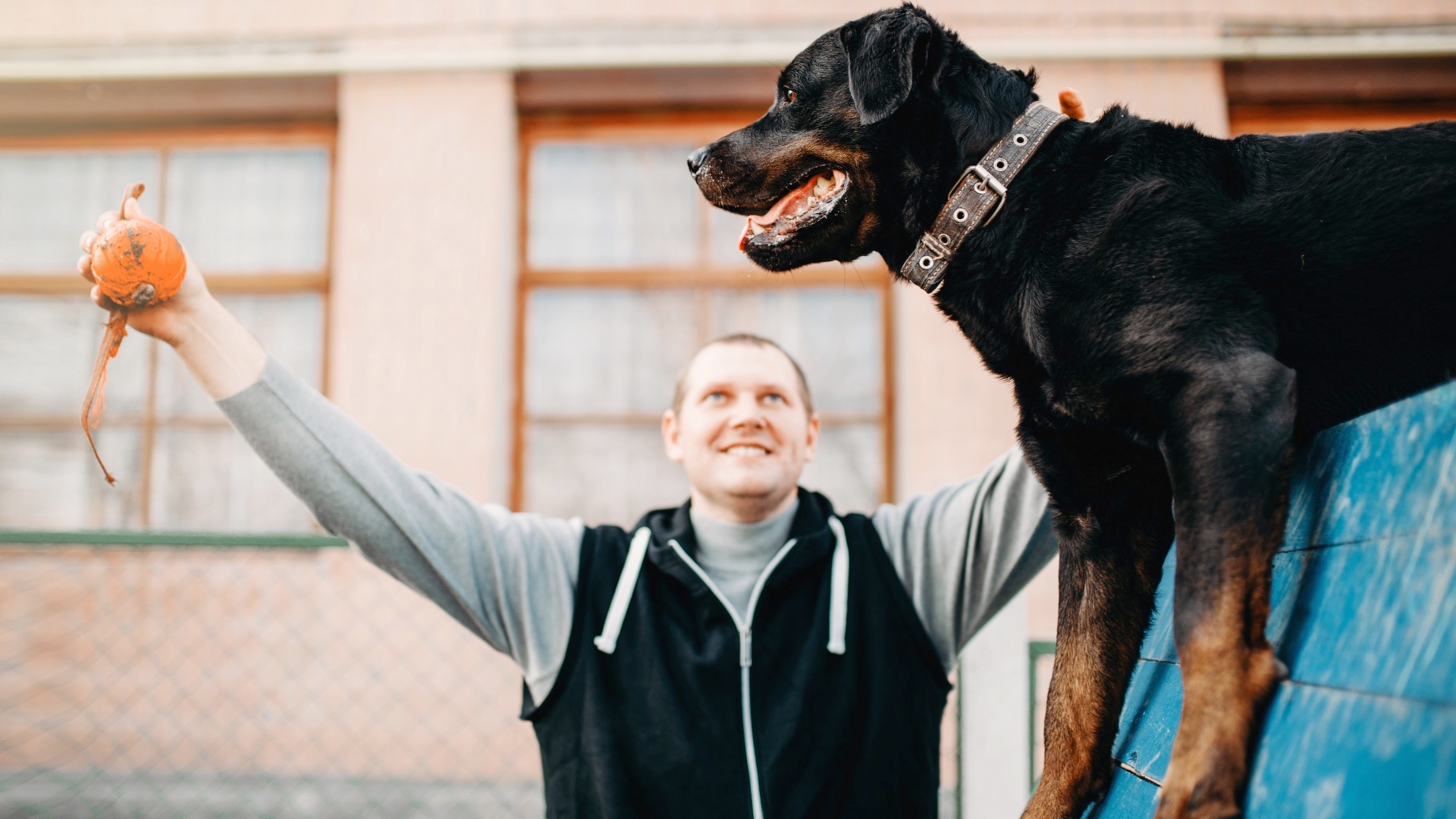
Relationship-based dog training is based on trust. When you have a trusting, cooperative relationship with an animal (whether a dog, cat, parrot, horse, or another animal), you have his respect, and he'll want to spend time with you and work with you. Relationship-based trainers do not train with methods that use excessive force, threats, fear, intimidation, pain or dominance. Training based on such aversive methods damages any trusting relationship you might develop with the animal.






